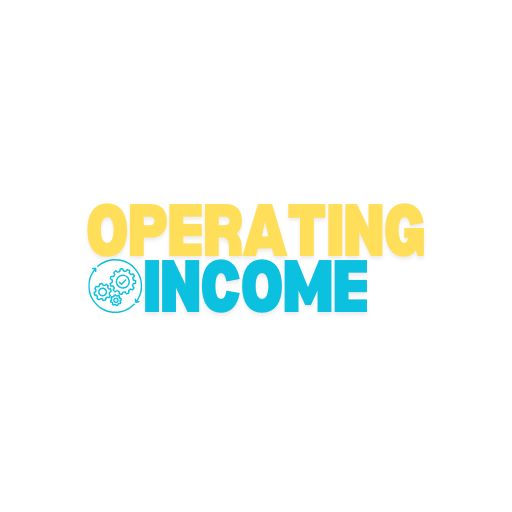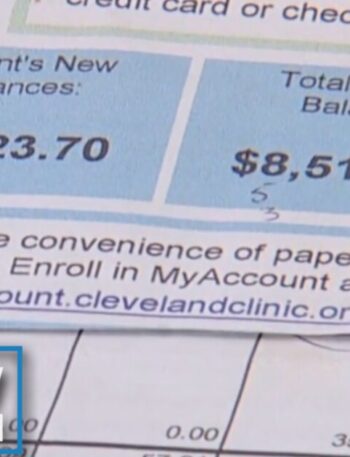The Reserve Bank of India revised the credit reporting norms for all lenders. The new rules state that all lenders are required to update the credit bureau records every 15 days. This norm came into effect on January 1, 2025.
Typically, credit bureaus get updates from lenders once a month and this lag results in a delayed updation of credit records of individuals. This delay can often adversely impact the credit scores of borrowers.
However, with the new regulation, the authorities hope that the financial activities of borrowers would be updated accurately and in time. This will eventually impact the calculation of credit scores for individuals.
For instance, if an individual submits their credit payments in time or pays off a loan, the earlier update cycle which lasted a month meant that this positive financial behaviour would not be reflected in the credit scores in time.
The directive was initially announced in August 2024. These bi-monthly updates allow financial institutions to report on borrowers’ activities more frequently and this should help in generating a clearer picture of how creditworthy an individual is. Here is how the authorities hope the new regulatoins would benefit both customers and lenders.
Also Read : Indo Farm Equipment Makes Strong Debut At 20 Per Cent Premium, Check Share Price
Benefits
Empower Consumers
The regulation will not only ensure more timely updation of the financial records for the public but also empower consumers in understanding their financial health comprehensively. Since changes in the credit score will now be updated more frequently, transparency will help individuals in making informed financial decisions based on their credit history.
Access To Credit
Since the norm calls for regular updation of credit scores for borrowers, it also means the credit history of individuals will be more accurate and lenders will rely on it more. This will help increase credit accessibility for consumers as financial institutions can easily verify their fiscal health and history.
Risk Management
The timely updation of credit history will help lenders keep a track of accurate credit scores of the borrowers, reflecting their latest financial decisions and health in the records. This will help lenders evaluate the risk involved in giving out credit more efficiently, eventually, cutting down on default rates.
Also Read : Gold Rate Today (January 7): Check Out Gold Prices In Delhi, Mumbai, Bengaluru, Ahmedabad, More Cities




